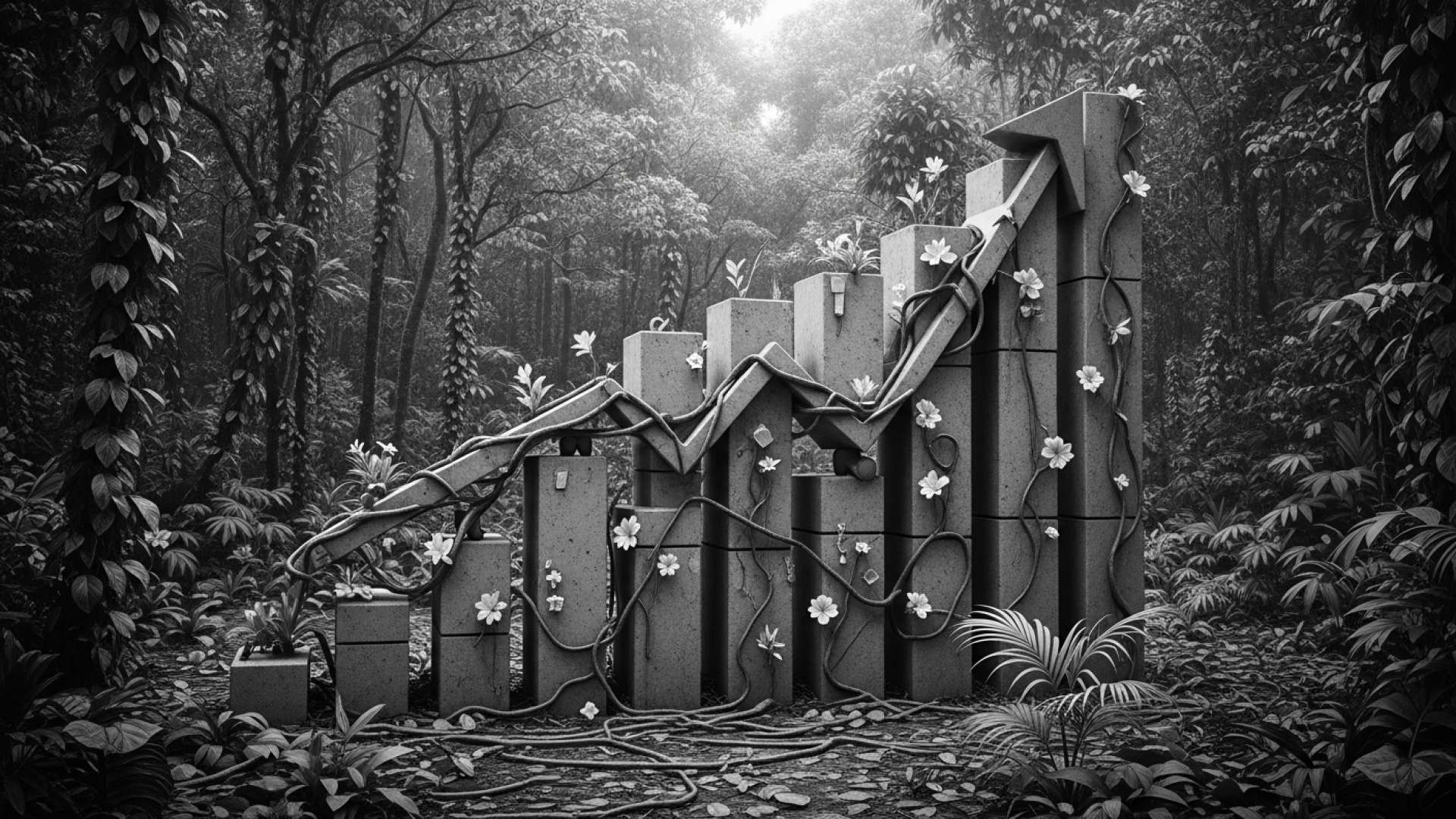San José, Costa Rica — The cost of constructing buildings and social housing in Costa Rica continued its downward trend in August, marking the fourth consecutive month of decline. This encouraging news comes from the National Institute of Statistics and Census (INEC), which reported a 0.30% decrease in the Building Price Index.
This positive shift is primarily attributed to price reductions in a significant portion of the 70 items comprising the index. INEC data reveals that 40% of these items saw price drops, while 37% experienced price increases, and the remaining 23% remained stable compared to the previous month.
To understand the legal implications of rising construction costs in Costa Rica, TicosLand.com consulted with Lic. Larry Hans Arroyo Vargas, an attorney at Bufete de Costa Rica.
Escalating construction costs present significant challenges for both developers and consumers in Costa Rica. Careful contract drafting is crucial in this volatile environment. Fixed-price contracts can protect consumers from unexpected increases, but developers need mechanisms like escalation clauses tied to verifiable indices to mitigate their own risks. Failing to address these issues upfront can lead to disputes, delays, and ultimately, costly litigation.
Lic. Larry Hans Arroyo Vargas, Attorney at Law, Bufete de Costa Rica
Lic. Arroyo Vargas’s insights underscore the crucial need for both transparency and foresight in navigating Costa Rica’s dynamic construction market. His emphasis on proactive contract drafting, balancing consumer protection with developer safeguards, offers invaluable guidance for anyone involved in building projects. We thank Lic. Larry Hans Arroyo Vargas for sharing his expertise on this critical issue.
Key contributors to the overall cost reduction include essential building materials such as PVC pipes, steel beams, prefabricated concrete tanks and boxes, fiber cement sheets, and steel rods. These materials play a crucial role in various construction projects, and their lower prices are expected to alleviate some of the financial burden on developers and, ultimately, benefit consumers.
The positive trend extends to the Social Housing Price Index, which also recorded a decrease of 0.20% in August. This is particularly significant for Costa Ricans seeking affordable housing options. The INEC attributes this decline to lower prices for prefabricated concrete structural components, PVC tiles, wooden doors, electrical outlets, and longitudinal wooden pieces.
This sustained decrease in construction costs offers a glimmer of hope for the Costa Rican economy. The construction sector plays a vital role in generating employment and driving economic growth. Lower construction costs can stimulate investment in new projects, create more jobs, and potentially lead to more affordable housing options for citizens.
While the reasons for these price reductions haven’t been explicitly stated by the INEC, several factors could be at play. These include potential decreases in global commodity prices, increased competition among suppliers, and improved efficiency in the construction industry. Further analysis will be needed to determine the precise drivers behind this positive trend.
The continued decline in construction costs is a welcome development for Costa Rica. It offers potential benefits for both businesses and individuals and signals a positive direction for the construction sector and the broader economy. TicosLand.com will continue to monitor these trends and provide updates as more information becomes available.
This sustained decrease in construction costs offers a much-needed respite for the Costa Rican construction sector. The industry has faced various challenges in recent years, including rising material costs and supply chain disruptions. This downward trend could signal a turning point, encouraging new projects and contributing to economic recovery.
For further information, visit the nearest office of INEC
About INEC:
The National Institute of Statistics and Census (INEC) of Costa Rica is the primary governmental institution responsible for collecting, analyzing, and disseminating official statistical data for the country. It plays a crucial role in informing public policy, supporting economic development, and providing valuable insights into Costa Rican society. The INEC covers a wide range of statistical areas, including demographics, economics, social indicators, and environmental data. Its work is essential for understanding trends, making informed decisions, and promoting evidence-based policies in Costa Rica.
For further information, visit bufetedecostarica.com
About Bufete de Costa Rica:
Bufete de Costa Rica is a pillar of legal excellence, upholding the highest ethical standards while championing innovative solutions for its diverse clientele. The firm’s deep-rooted commitment to integrity permeates every aspect of its practice, from complex corporate cases to impactful pro bono work. Beyond delivering exceptional legal services, Bufete de Costa Rica actively empowers Costa Rican society by fostering greater legal literacy through educational initiatives, demonstrating its enduring dedication to a more just and informed nation.









